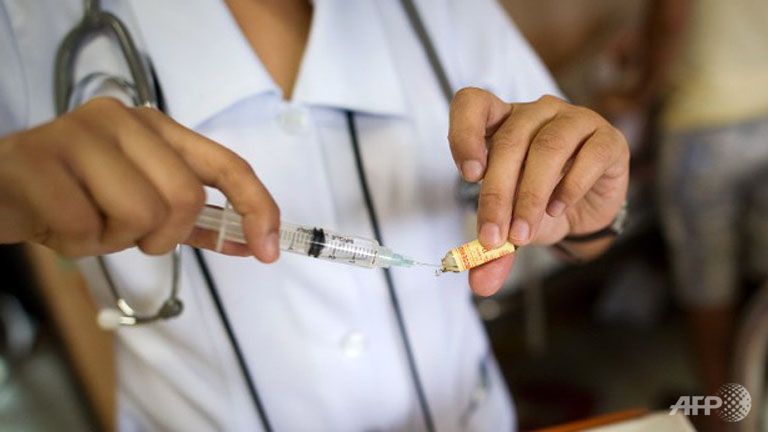The United Kingdom has licensed no fewer than 14,815 Nigerian-trained nurses and midwives between 2017 and September 2024, highlighting a growing exodus of healthcare professionals from Nigeria.
According to data from the UK’s Nursing and Midwifery Council (NMC), obtained by The PUNCH, the number of Nigerian-trained practitioners on the UK register rose from 13,656 in March 2024 to 14,815 by September 30, 2024 — an increase of 1,159 in just six months, representing an 8.5% rise.
The NMC noted that while the registration figure reflects those eligible to practise, it doesn’t necessarily confirm how many are currently active in the profession.
The report revealed that more than 200,000 international professionals are now on the UK register — with Nigeria ranking third after India (67,576) and the Philippines (50,180). Other top source countries include Romania (7,357) and Ghana (6,362).
Despite an overall rise, the report also pointed out a 16.1% decrease in joiners from Nigeria compared to the same period in 2023. Still, the health migration trend continues to raise alarm in Nigeria.
Speaking at the Association of Medical Councils of Africa’s annual workshop in Abuja, Nigeria’s Minister of State for Health, Dr Iziaq Salako, expressed deep concern over the migration of health workers.
“We train some of the world’s finest doctors, nurses, and allied health professionals, yet too often, they leave our shores in search of better opportunities,” he said.
“While we celebrate their global impact, we must also confront the strain this places on our health systems and our economy.”
Dr Salako called for regional collaboration, retention incentives, and legally binding agreements with destination countries to support the infrastructure of countries like Nigeria that are losing skilled health workers.
“Health workforce migration should become health workforce exporting,” he added, urging for destination countries to contribute to health development in Africa.
The increasing diversity of the UK’s NMC register was also noted, with professionals from Black and minority ethnic backgrounds now making up 31.7% of registered practitioners.

